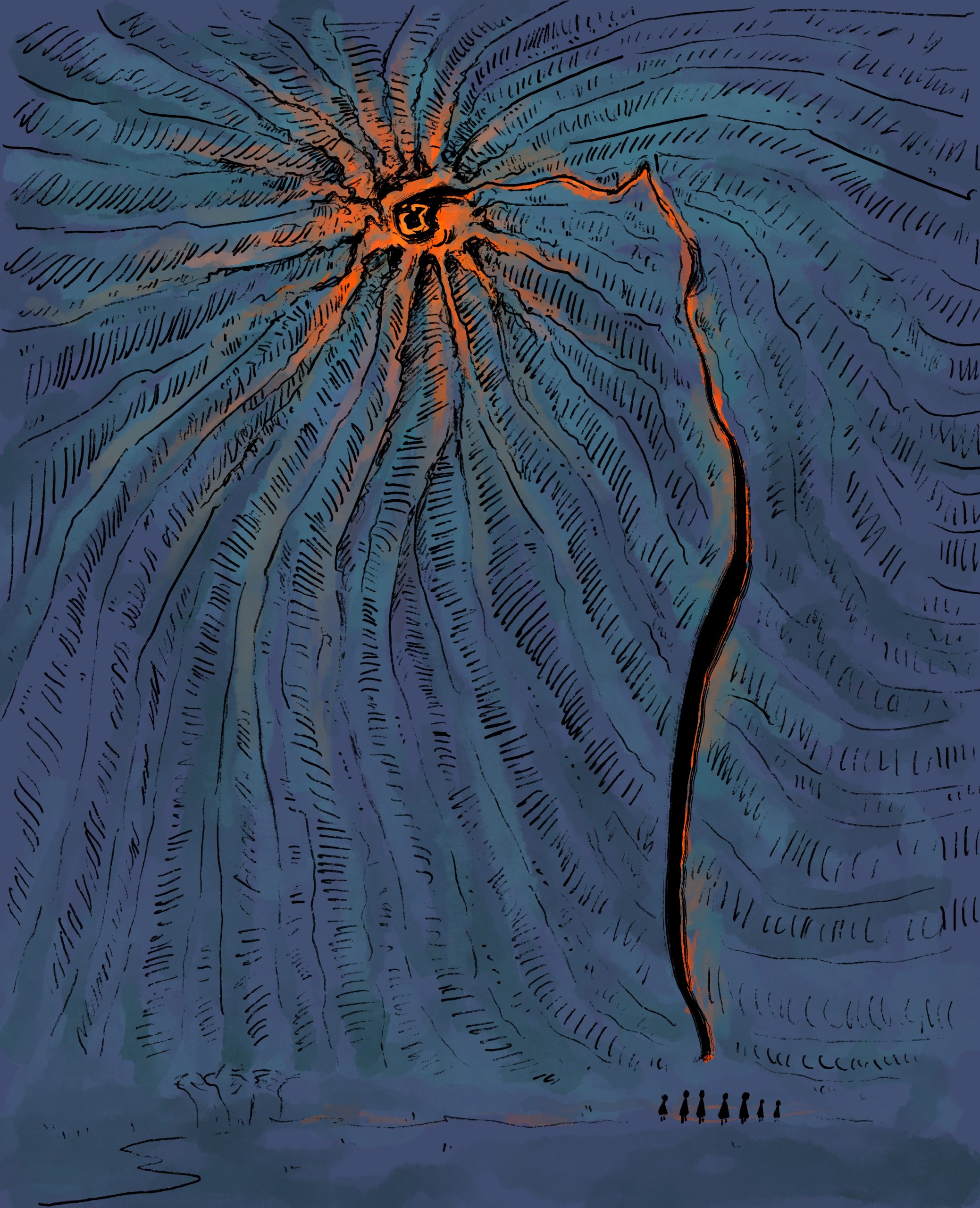Bonfire Night has always been a scandalous event, but recently attitudes – at least in the media – view it as a night of hooliganism rather than celebration. In Edinburgh there were over 100 ‘clashes’ with police as well as targeted petrol bombs and fireworks pitched at officers. Across the United Kindgom, there have been hundreds of arrests with reports of damaged property, anti-social behaviour and violent aggravated offences. Moreover, many argue that the need for Bonfire Night has extinguished – Christianity is no longer a dividing factor within our country and Guy Fawkes died 417 years ago.
Must we relive his death for the 418th time in light of the disorder and chaos it brings? My answer is yes.
Bonfire Night is an inherently political event. Whilst very few today care about the Catholic failure to overthrow a Protestant government, the sentiments remain. To me, Bonfire Night represents protest, distrust and rebellion against authority. Whilst the government may have thwarted the plot and Bonfire Night is a celebration of such an act, the night itself is centred around Fawkes emphasising insurrection and civil disobedience. In some ways it is a yearly reminder of the effect individuals can have over the ruling body. I think this is an aspect of its enduring popularity over the years. It simultaneously represents the strength of the establishment, whilst being a reminder of insurrection and civil disobedience.
The night has also politically embedded itself in other ways. Every year I would attend the Lewes Bonfire celebrations – a town infamous for the largest and oldest bonfire celebrations. Yearly they chose scandalised or unpopular political leaders to burn as effigies and crowds chant or bring signs to show support for specific political causes. This year saw Rishi Sunak bursting through the recently axed HS2 and Suella Braverman as the Little Mermaids Ursula. In past years it’s been Gove, Reese Mogg, Boris, Clinton and repeatedly Trump. I cannot fully explain the impact that Lewe’s Bonfire Night had on me as a child. It created a sense patriotism that I so rarely feel for Britian and British culture. The fires, fireworks, drums and bang snaps are terrifying yet bellicose, embolising the power of the British public and was a yearly reminder of what I do love about Britian. I am proud of our defiance and ability to question those in power. It is important to celebrate and preserve those aspects of our culture.
Protest at the moment is tricky and our right to protest is becoming more and more limited following subtle amendments to the ‘Public Order Bill’ giving the government the uninhibited ability to prevent protest when and where they please. Even peaceful protests are being broken up, such as the occupation of train stations in Scottland including Waverley in support of Palestine that took place last week. On campus there have been arrests at Pro-Palestine protests and Suella Braverman has recently labelled such protests in London “hate-marches.” The need for spaces to come together, retaliate and protest is becoming more and more important and bonfire night not only creates an open platform for voicing condemnation, but also celebrates the act of protest itself.
Whilst unfortunately there are negative aspects of bonfire night which I am not trying to overlook. Crime and vandalism are unacceptable, but I do not think this behaviour should be used as excuse to put a stop to or limit bonfire night. The night is paramount to British history and its values are becoming more and more important to society in the present.
Fireworks by Yury Aleksanyan.

